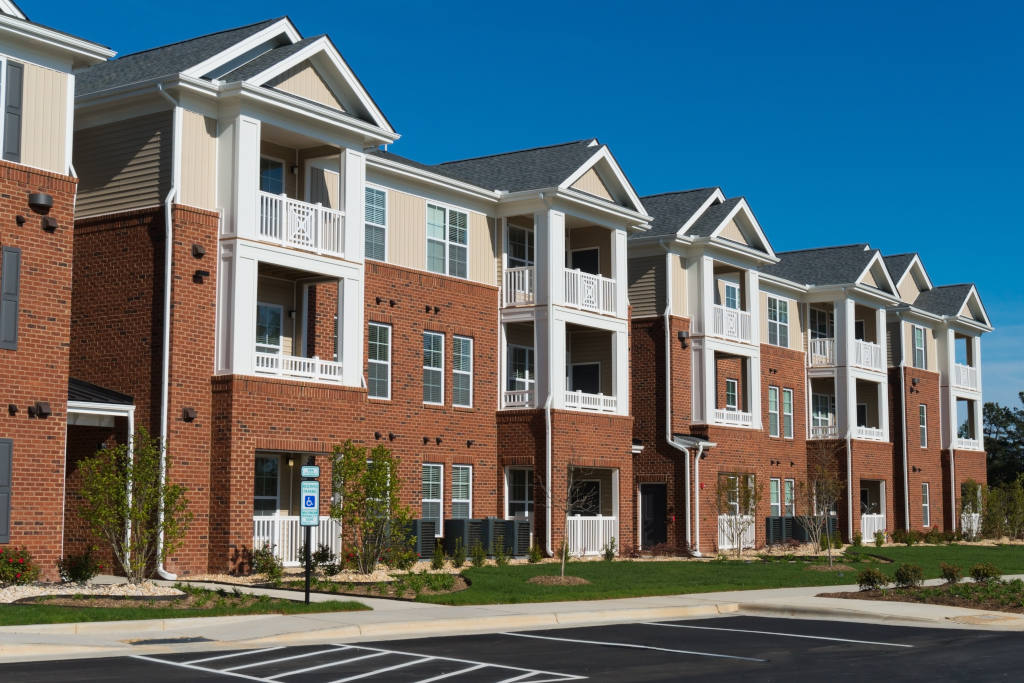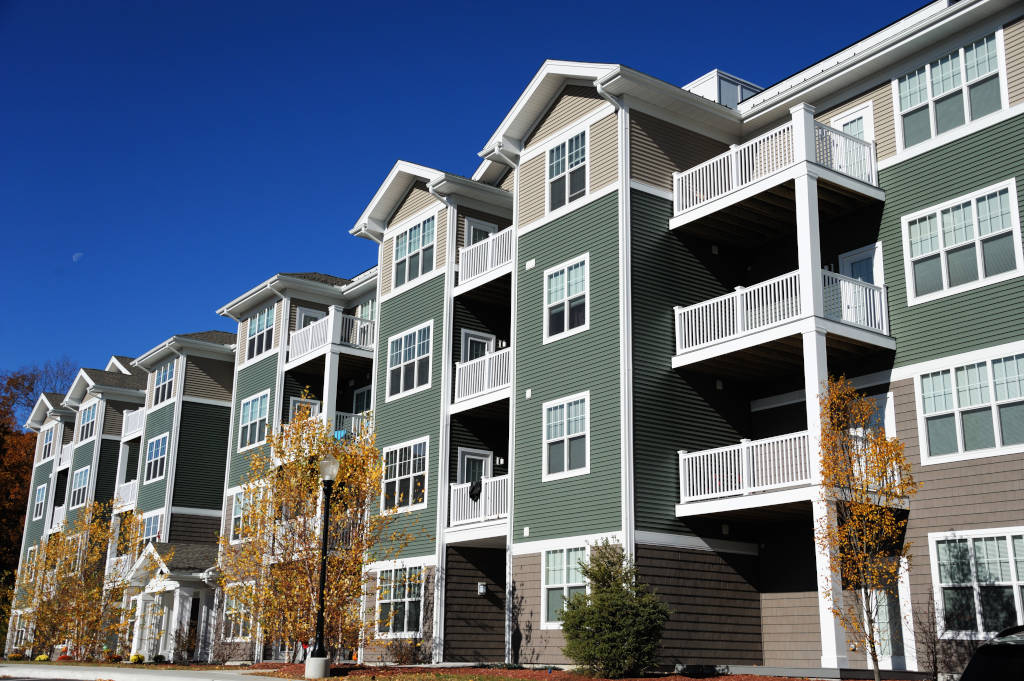Do you rent a home or apartment? Your landlord’s homeowners policy may cover their property, but it won’t protect yours as a tenant. A disaster could strike at any time, and you’d be on the hook to pay for any costs. Renters insurance coverage protects you from these potentially devastating disasters.
Renters insurance comes in handy for many situations tenants encounter. Above all, it’ll take care of damage to your personal belongings and protect you from liability. You may also receive payment for any additional living expenses you rack up if your rental is unlivable after a disaster. It’s common for landlords to require you to buy coverage, but it isn’t required by the state.
This article will teach you everything you need to know about renters insurance. We’ll explain how it works and whether you need it. You’ll also learn about what it does and doesn’t cover. Finally, we’ll break down how much it costs.
Renters Insurance Basics
When you rent, you won’t be included in their homeowners policy because it only covers the structure of the building and any of their personal possessions. This means that your landlord’s coverage won’t include anything that you have inside the rental unit. Renters insurance protects you and your valuables from disasters that could strike at any moment.
Technically, renters is a type of homeowners policy. It usually refers to homeowners form HO-9. It just doesn’t include the physical structure of where you live.
Your policy only covers damages that certain “perils” cause. There are about 16 named perils covered by homeowners insurance.
Tenant policies protect renters from different situations. For instance, liability protection covers you from damages that you or your household members cause. On the other hand, personal belongings coverage will shield your possessions no matter where they are.
Who Needs Renters Coverage
Renters insurance is a smart move for any person who rents a unit from a landlord. It helps shield you from damages that can ruin your bank account. Like homeowners, states won’t require that tenants have this coverage. But you may still need it.
Below are some common situations where you may need a renters insurance policy:
Your Landlord Requires It
It’s common for landlords to require renters insurance. They do this because they want to protect themselves from possible disputes and liabilities. Without coverage, some tenants try to sue the property owner for damages to their belongings.
You don’t have a choice if tenants are required to purchase renters insurance coverage. They’re legally within their rights to make this a prerequisite. Normally, this will be a condition that your landlord lists before you sign off on the lease.
You Can’t Afford to Pay for Damages Out of Pocket
For some people, renters insurance isn’t just a good idea, it’s a necessity. If damages to your personal belongings would financially ruin you, you should buy it. It’s too big of a risk to avoid buying it. Keep in mind that a policy can also protect you from expensive liability lawsuits.
What Renters Covers
A Form HO-9, or renters insurance, policy protects you from a lot of random disasters. A standard policy includes at least three major coverages. Here’s what you can expect it to cover:
- Personal belongings coverage. This covers damages to your valuables. It’ll protect them whether they’re in your rental unit or not. It’s best to keep an inventory of your items by using a written checklist. This will be helpful if you ever need to make a claim.
- Liability protection. This includes damages that you or any household members (including pets) cause to someone else’s property. This includes coverage for lawsuits that others may file against you.
- Additional living expenses (ALE). If a disaster causes your rental unit to become uninhabitable, ALE will cover your living costs until you can move back in. This includes costs like hotel fees and restaurant bills.
A renters insurance policy is very similar to one you’d see with homeowners coverage. The major difference is that it won’t include the physical structure of the rental unit or home. Your landlord’s policy would cover those costs.
What It Doesn’t Cover
While renters insurance shelters you from many threats to your personal finances, it doesn’t make you bulletproof. There are some costs that it won’t protect you from. Here’s what you typically won’t receive coverage from:
- Expensive items. Valuables such as jewelry, art, and antiques may cost too much for a standard renters policy. In this case, you may need an endorsement or policy rider to help replace them.
- Cars or other vehicles. Vehicles on your property won’t fall under your tenant policy. To better protect them, you’d need to buy a separate type of policy, such as auto insurance.
- Home-operated business. Any type of home business that you run from your home isn’t part of your policy. Belongings that your business owns wouldn’t be protected by your renters policy. A policy rider may be able to help cover these types of objects. Be sure to check with your agent to see how you can get coverage for your home business.
Replacement Cost vs. Actual Cash Value
There are two ways that your insurer can reimburse you for the loss of personal belongings. The way they do it will depend on the type of policy you select. Each one will pay you a set amount of money, but the exact number differs. Here’s how each type of policy works:
Replacement Cost
One of the ways that your insurer can reimburse you for damages is with replacement cost. This is where your renters insurance carrier pays you the exact amount of money that you need to replace your items. It doesn’t factor in any loss of value of your belongings. It’s always smart to keep an inventory checklist. This way you can keep track of your personal items’ value.
Replacement cost policies are typically more expensive. But they’ll also prevent you from taking a loss on your objects due to depreciation. This makes replacement cost a good idea to have on your policy.
Actual Cash Value
Actual cash value (ACV) policies will pay you the amount needed for replacing your items minus any depreciation. This means that carriers will take your items’ loss of value into account when they decide how much to pay you. Loss of value can happen for the following reasons:
- Wear and tear
- Obsolescence i.e., the item is out of date or not as useful anymore
- Age
ACV policies tend to be cheaper than replacement cost. But keep in mind that you could be taking a loss on your items when you receive a payout.
How Much a Renters Policy Costs
Renters policies tend to be cheaper than homeowners. This is because you’re only covering yourself and your items. Also, this coverage doesn’t take care of expensive home or building repairs.
How much you end up paying may depend on several factors. These are usually small details about you that tell insurers how you are as a customer and tenant. These factors help determine how much you’ll pay for renters insurance:
- Where you live
- How much coverage you buy
- How high or low your deductible is
- Credit history (in states that allow it)
- Claim history
Not all insurers will give you the same rates. It’s a good idea to shop around before you settle on a company. This way you can find the best protection at the best price.
Frequently Asked Questions
Is renters coverage required?
Insurance coverage for your rental isn’t a legal requirement. But you may still need to buy it. Landlords will often require you to buy it as a condition of your lease. When you’re renting a unit, keep an eye out for requirements hidden in your contract or lease. Always read the fine print!
Does a renters tenant policy cover theft?
Your renters insurance should cover the theft of your belongings. Most standard policies include personal property coverage to repair or replace your items. This includes theft of your valuables.
Your renters insurance limits may not be enough to cover expensive items, such as jewelry or art. It might be a good idea to consider buying a scheduled personal property policy rider to help protect more valuable items. You should speak with your insurer about how you can get extra coverage for your expensive household items.
Will renters protect me from liability?
Renters protects you from liabilities up to your limits. For example, let’s say your kid’s friend trips inside your rental unit and sprains their ankle. Your insurance company would pay any medical bills.
Consider, though, that your current limits may not be enough to cover all the costs if it’s really expensive. This is often the case if the other party were to sue you for damages. Legal fees can rack up fast! Buying an umbrella policy would help you avoid paying out of pocket for these costs. It’s a good idea to speak with your renters provider about buying umbrella insurance if you think you need more coverage.

